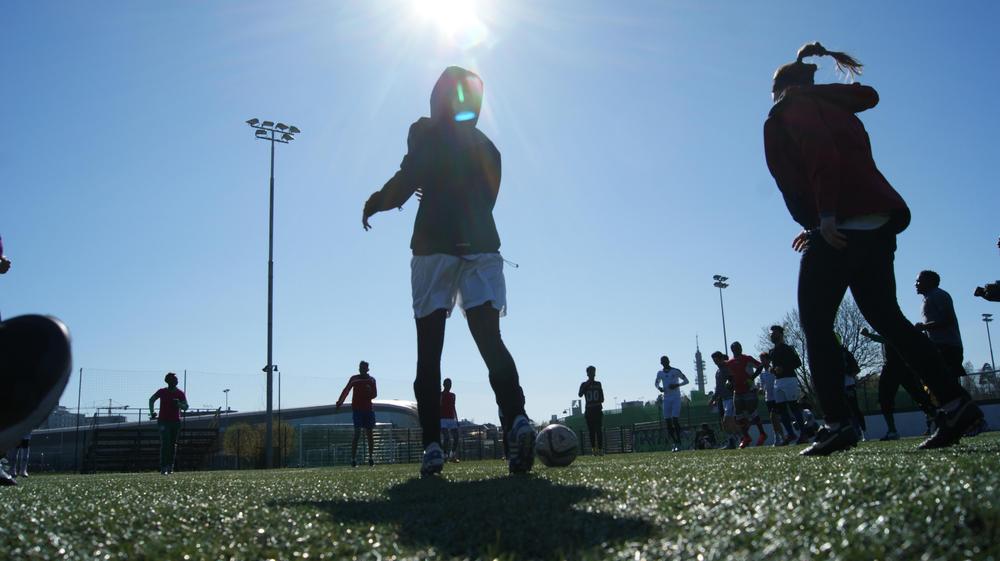Migrant Women and Sport - Challenges and Opportunities
26.9.2019
Fatima Sefrioui's speech at the conference "Safeguarding Children in Sports" organised under Finland’s Presidency of the Council of the European Union, on the 24th of September, at Hanasaari.
Ladies and Gentlemen,
First of all, thank you so much for this opportunity to talk about something that it is very important for me and for many other migrant women.
Before I moved to Finland, I was used to having sports in my life. But while adjusting to the new life in Finland, I found it challenging to get into the Finnish sport places due to the sport culture that is very different than the one in my home country. It just did not feel right to find myself there.
Later on, I have found out about sport activities arranged only for women in a multicultural environment, and I decided to join one of those groups. It was very good to be able to do sports again, with friends around. It motivated me more than exercising alone in a gym. For me and many other migrants it is important to do sports in a group where the atmosphere is essential.
Migrant women encounter different challenges when trying to do sports in their new country. The sport cultures can be so different in different countries; also, many of the migrant women have no previous experience in doing sports and that makes them hesitate to join sports. Religious and cultural restrictions that are generally not considered in public sport places, also add to the reasons why it is challenging to do sports in a new country.
And we should not forget that when moving into a new country, there are so many new things to learn, new systems and rules, and hobbies are generally not high up on the list of priorities.
Why is it especially important that migrant women do sports? Of course, for health, for their own well-being, but also for the sake of their children. They can play an important role as models for them.
When we talk about increasing the sense of safety and belonging for children in sports, the involvement of parents plays a very important role, but unfortunately not all parents with a migrant background know and understand that. That is why a lot of work needs to be done to provide them with the right information so that their children can safely join sport activities.
Migrant families also encounter financial related challenges and it has many times been noticed that in large families, boys seem to be prioritized when it comes to joining sports.
Children with migrant background do not like all want to feel different but they might need special measures in order to feel welcome in sports.
I am very happy that nowadays I can do sports in any kind of environment, and that sports plays such an important part in my life and I hope that this will be possible for other migrant women.
Finally, I want to say that sport is very powerful to promote health (it has helped me to recover after my cancer) but also to promote social inclusion and it should be used more for that.
Thank you so much.
